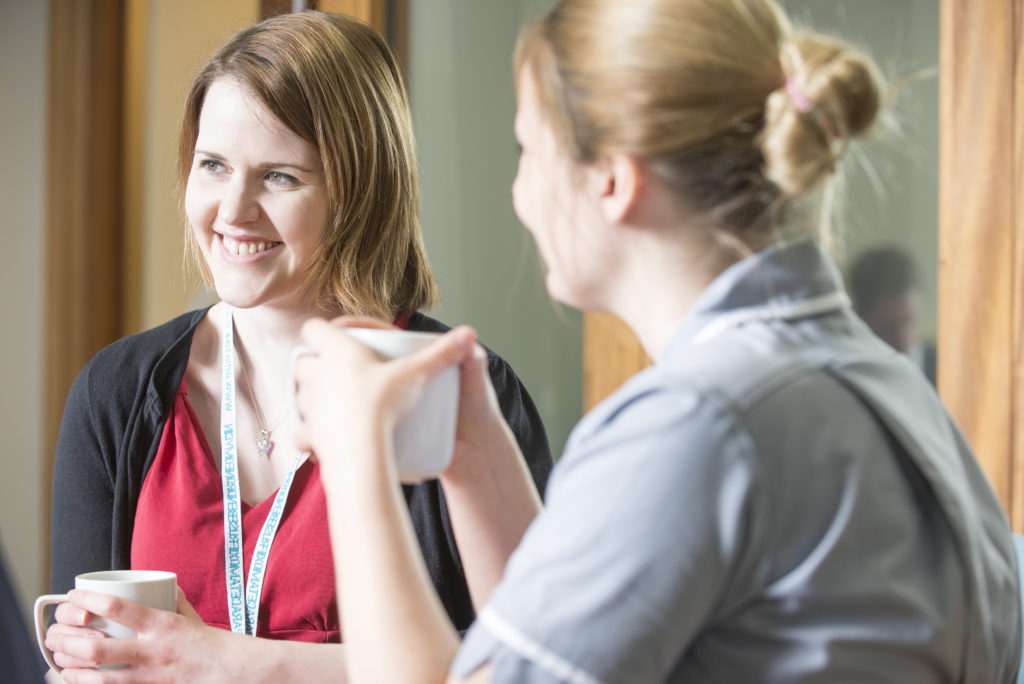
As a result of research undertaken at the Oxford Health BRC, Oxford Health NHS Foundation Trust is changing the way it contacts patients about research. From the beginning of August all new and existing patients at the Trust will have the right to hear about research opportunities as part of their care unless they ask not to.

Until now only patients whose clinical team had asked them about receiving research information could be contacted. Just 11% of mental health patients were routinely asked this question with even fewer being offered the opportunity in community care settings.
Dr Cathy Henshall, Head of Research Delivery at the Trust, and one of those driving the change says:
“At the Trust we are pleased to be leading the way in ensuring that all patients have the same opportunity to take part in research. Not only does this mean that the benefits of participating in research will be available to everyone, but it also helps to make research more representative, enabling currently marginalised groups to access information and participate”
Dr Henshall is one of an interdisciplinary group of researchers who used focus groups, appreciative inquiry and online surveys to compare approaches to discussing research with patients. Their results showed that there was support for the change among staff and patients and that it was likely to benefit both groups.
Professor Andrea Cipriani, one of those leading on the study says:
“Our focus groups have shown that patients consider research to be important and that they want to be made aware of opportunities to participate. However, we also know recruiting patients to take part in research can be an additional burden for clinical staff. The Trust’s new approach to research contact removes this burden leaving clinical teams free to focus on advising and supporting patients when they are considering participating in a study”
Crucially researchers on the study were also joined by patients themselves, including Roger Ede, a member of the Trust’s Patients and Research Group. Mr Ede says:
“As a patient, it seems to me a natural option to want to participate in research projects that will benefit others in their clinical treatments down the line. Undoubtedly, many more people would be happy to participate in the present, and would want to do so, if the opportunities to contribute to research were more widely advertised and better understood”
For those patients who decide that they don’t want to receive information about research opportunities it is quick and simple to opt-out. This can be done by phone, email, post or in person and full information is available here.
The change to research contact is wholeheartedly supported by senior management at the Trust. Dr Karl Marlowe, Chief Medical Officer and Interim Director of Research and Development comments:
“I am delighted and am fully supportive that Oxford Health is taking this step and leading the way in making research participation more accessible to all our patients. The Trust’s research potential is one of our great strengths and a vital part of what we do, not least because of the direct benefits it conveys to those who use our services.”
A leaflet containing full details of the changes to research contact can be found here.

